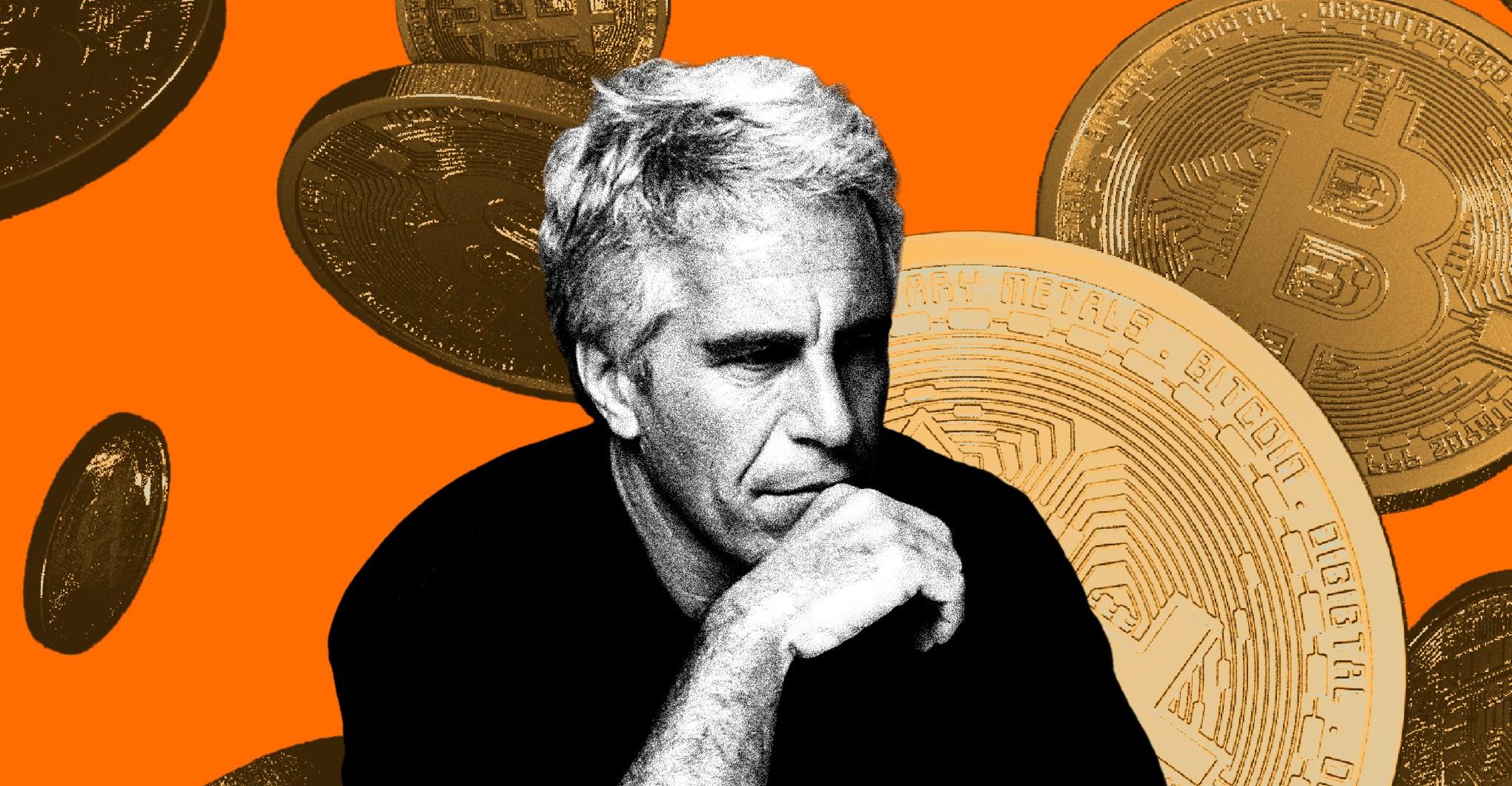It was hard to get a solid read on X-Men ‘97 immediately after its debut because of how many different things it was trying to do. Even though ‘97’s premiere picked up threads from the classic ’90s cartoon, the new show’s fresh plotlines, updated music, and flashier production values all made it feel different in unexpected ways. But the show’s first season — which just came to an end with episode 10, “Tolerance Is Extinction - Part 3” — proved week after week that ‘97 had the heat and illustrated how much there is to be gained from letting shows (and the people watching them) breathe.
Because we live in a world where streamers are allergic to being truly transparent about how well their projects are performing, it’s always difficult to know when something is a proper hit in terms of being both widely watched and part of the pop-culture discourse. It’s easy for studios to tout how many hours people have generally spent watching a movie or show, but it’s far harder to quantify the degree to which a new project has reached Game of Thrones or Stranger Things-like status — especially at the outset.
Though WandaVision helped steer the MCU into its current multiversal era of diminishing returns, it was also one of the first Disney Plus shows that everyone — not just comic book fans and TV obsessives — seemed to be buzzing about. A lot of that had to do with post-Endgame hype and the covid-19 pandemic giving Marvel a somewhat captive audience. But WandaVision’s weekly release schedule also gave people time to develop a relationship with its story and become invested as they watched it evolve one episode at a time.
Very much like WandaVision, X-Men ‘97 felt a little rough around the edges in its two-episode premiere that reintroduced Charles Xavier’s team of superstudents as some of the world’s most powerful and persecuted heroes. But the exposition heaviness that plagued “To Me, My X-Men” and “Mutant Liberation Begins” quickly gave way to a winding but propulsive narrative that highlighted how Marvel’s animated mutants have always been soap opera stars first and superheroes second.
There is so much more to Marvel’s Inferno 1989 comics crossover event than what’s detailed in X-Men ‘97’s “Fire Made Flesh,” but the episode’s twisty exploration of how Jean Grey was secretly cloned brought meaty drama (and the pretext for psychic infidelity) to the series. And while Storm’s godlike feats of strength were the centerpieces of many of X-Men ‘97’s bigger action sequences, “Lifedeath - Part 2” hammered home how fascinating she is as a character in stories that frame her powers as more than weapons. Both of those episodes, and other weightier ones like “Remember It,” definitely felt like concentrated distillations of much bigger comics storylines because they were, and it’s fair to say that X-Men ‘97 stripped away some context that might have been helpful.
But the week between each episode gave viewers time to go read those old comics and ponder what was going to happen on the show next. People had a chance to catch up if they were behind and make memes when they needed to remind the world how wild the latest episode was. Social media buzz isn’t a reliable indicator of a show’s success, but the way phrases like “milky way ghetto” flooded X after “Lifedeath - Part 2” debuted spoke to how people were sticking with the show despite all its convoluted twists and turns.
That kind of organic buzz is something studios tend to want because of the way it draws people (read: potential customers) in. And while there is only so much that companies can do to shape the form and tone buzz ultimately takes, drawn-out releases are one of the biggest ways they can position series to become the kinds of events people want to talk about.
It can also lead to uncanny (positive) accidents. Marvel probably did not know that Storm would reclaim her powers right after Beyoncé dropped an album more or less about the same thing. It’s a coincidence that a real-world electromagnetic storm gave people across the world the ability to see the (typically) northern lights the same week “Tolerance Is Extinction - Part 2” featured Magneto floating down from the heavens with an asteroid in a sea of aurora. But those are the sorts of weird things that just happen sometimes, and while streamers can’t exactly rely on them, they can give their shows chances to be engaged with in a larger context rather than presenting them as things to be inhaled instantaneously.
Of course, X-Men ‘97 had to stand on its own legs because memes alone are not enough to make shows hits. But for all of the streamlining the show did to make the comics fit into 30-minute chunks, each episode was also doing a surprisingly good job foreshadowing the deeper story about the X-Men and technopathic android Bastion (Theo James) that comes to a head in the season’s final three episodes.
Between its cameos, characters returning from the dead, and set pieces that feel like they could play on a bigger screen, each piece of “Tolerance Is Extinction” delivers on what a show like X-Men ‘97 needs for its closing act. And while the finale’s cliffhanger ending opens up all kinds of possibilities about how X-Men ‘97 could continue, part of what’s promising about the way the show closes out is how unconcerned with the larger Marvel universe it appears to be.
Ms. Marvel’s integration into the X-brand and Doctor Strange in the Multiverse of Madness’ X-Men cameos both felt like last-ditch plays to wow audiences with the unexpected. But there’s a different energy to the way X-Men ‘97 is finishing just ahead of Deadpool & Wolverine this summer. Though the two newer projects couldn’t be any more tonally different, they’re both examples of Marvel finally letting its mutant IP shine rather than sequestering it off to the sidelines. They’re also testaments to how the long wait for more X-Men adaptations has primed fans to see what the studio can do with the characters now that it has full control of them again.
It might be a while until we see X-Men ‘97 return for its third season (the second’s production has already wrapped for the most part), but these first 10 episodes make it pretty clear that it’ll be worth the wait.


















